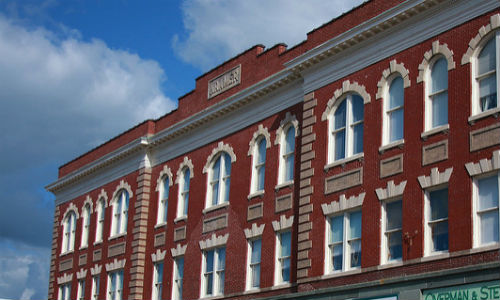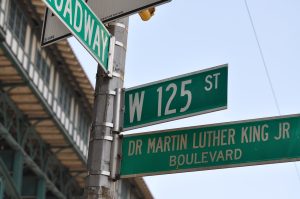To cover a local or regional economy, you need to know what makes it tick. Find a few lists, or compile them on your own:
• Fortune 500 companies based in your area
• Other local publicly held companies
• The largest privately-owned companies in your region
• The 10 largest employers in your locality. These could include government operations or educational institutions
• The largest unions in your area
• Other significant industries that might not be represented above, such as agriculture
Now get out your appointment calendar and start setting up meetings with people who are connected to each of these organizations or fields. It doesn’t have to be the CEO or the corporate communications official. Sometimes, the people in between are a better first stop.
Add to your list the head of the local Chamber of Commerce, Better Business Bureau and nearest business school, and any government officials connected to economic development. Ask each person you meet for the names of other people you need to know in order to understand the local economy. Even if you have just one informational meeting a week, you’ll be well-connected to your business community within a few months.
Look for productive ways to tap your community via social media, too. Start exploring which blogs, Facebook and Twitter sites might link you to people in the know about what’s happening in your region’s economy. (Originally reported by Pam Luecke)











